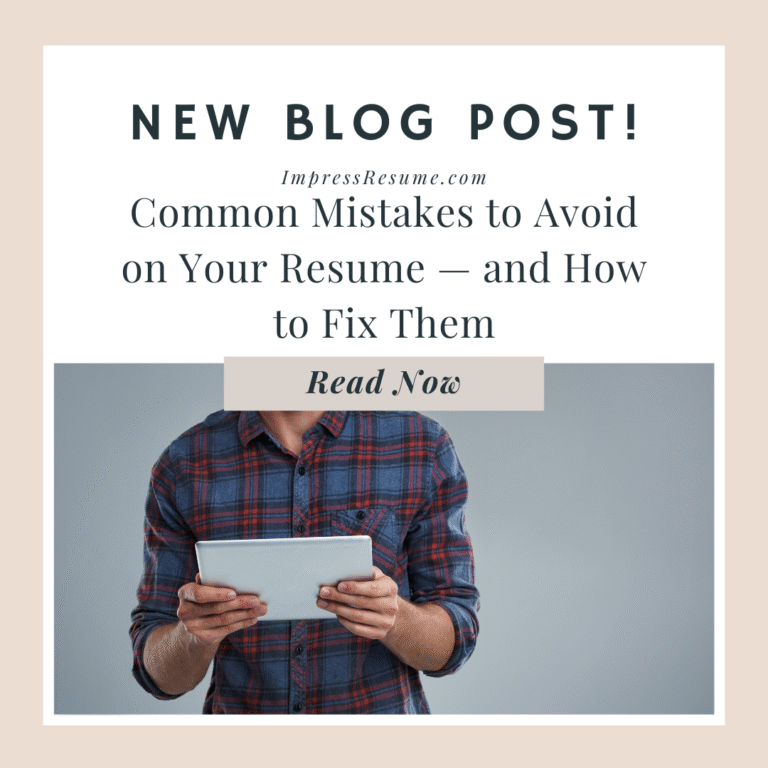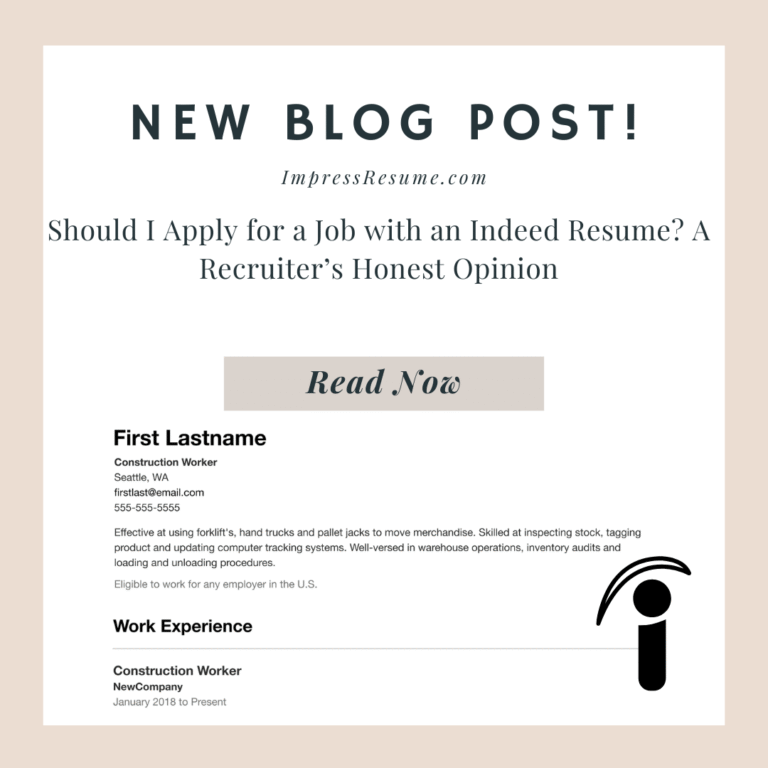Too Many Applications, Too Little Impact: What You Need to Know
In today’s competitive job market, it’s tempting to think that applying to as many positions as possible is the best way to land something quickly. After all, more applications mean more chances… right?
Not necessarily.
As a recruiter, I’ve worked with candidates who submitted dozens—even hundreds—of applications, only to receive silence in return. The truth is, over-applying can hurt your chances more than help them, especially when your approach lacks strategy, customization, or intent.
Here’s why applying to too many jobs can work against you—and what you should do instead to make your applications count.
1. Quantity Sacrifices Quality
When you’re applying to a high volume of roles, it’s nearly impossible to give each application the attention it deserves. Resumes go out without being tailored. Cover letters are generic. And key keywords from the job description get overlooked.
Why it matters:
Hiring managers and ATS systems notice when an application is vague, misaligned, or lacks attention to detail. A single targeted application is more likely to lead to an interview than ten rushed ones.
What to do instead:
Focus on a smaller number of high-priority roles. Tailor your resume and cover letter for each, using keywords and achievements that directly align with the job description.
2. Burnout Comes Fast
Applying to dozens of jobs every week is exhausting—mentally and emotionally. You may start to lose focus, send out low-effort applications, or feel discouraged by the lack of response.
Why it matters:
Burnout leads to missed opportunities, careless mistakes, and a lack of motivation. Job searching is already a challenge—don’t make it harder by overwhelming yourself.
What to do instead:
Set daily or weekly application goals. Create a system that lets you apply thoughtfully and track your progress without feeling overwhelmed.
3. Recruiters May Notice Repeat Applications
Many companies track applicants through internal systems. If you apply to multiple roles—especially roles that don’t align with each other—it can look like you’re unsure of what you want.
Why it matters:
Recruiters may see this as a red flag and pass you over in favor of candidates who seem more focused or qualified for a specific role.
What to do instead:
Be selective. Apply only to jobs that genuinely match your skills, experience, and goals. Show that you’ve read the description and understand how you fit.
4. You Miss Out on Strategy and Research
When you apply without a plan, you skip the most important step: research. Without taking time to learn about the company, culture, or job expectations, you’re applying blind.
Why it matters:
A thoughtful, informed application tells employers that you’re serious—and increases your odds of making it past the initial screen.
What to do instead:
Research each company before applying. Look for ways to connect your experience to their mission or team, and use that information in your cover letter or interview preparation.
5. You Risk Losing Track of Where You’ve Applied
It’s easy to forget which jobs you’ve applied to when you’re sending out applications in bulk. That can lead to awkward moments when a recruiter calls and you don’t recognize the job title or company.
Why it matters:
Being unprepared gives a poor first impression and can make it harder to build rapport with a potential employer.
What to do instead:
Keep a spreadsheet or job tracker with columns for job title, company, date applied, application method, and follow-up notes.
6. You Miss Opportunities to Improve
If you’re applying nonstop, you’re likely not reviewing or adjusting your approach based on feedback—or lack thereof.
Why it matters:
A stagnant resume or approach won’t get better without reflection and revision. The best job seekers evolve their strategy over time.
What to do instead:
Take time between applications to analyze what’s working. Are you getting callbacks? If not, tweak your resume or focus more on matching your qualifications to the job.
7. It Creates False Momentum
It feels productive to apply for job after job. But busy doesn’t always mean effective.
Why it matters:
Over-applying can give you a false sense of progress, when in reality, you’re spreading yourself thin and decreasing your effectiveness.
What to do instead:
Shift your focus to quality networking, targeted applications, and building a strong professional presence online—especially on platforms like LinkedIn.
Make Every Application Count
If you’re ready to apply smarter, not harder, your resume needs to do more than just “list experience.” It should be tailored, easy to read, and optimized for ATS.
At ImpressResume.com/shop, we offer budget-friendly resume bundles designed by a recruiter—built specifically to help you stand out in a sea of applicants. Each bundle includes:
- ATS-friendly resume templates for Word and Pages
- A matching cover letter and reference page
- A writing and editing guide with real recruiter advice
Don’t waste time sending out resumes that won’t get seen. Start with a stronger foundation.
Final Thoughts from a Recruiter
Over-applying often feels like the right thing to do when you’re eager to find work. But in reality, the most successful job seekers are the ones who apply with purpose, preparation, and precision.
Remember, you’re not trying to win a numbers game—you’re trying to connect with the right opportunity. And that starts with a resume that reflects who you are and where you want to go.







